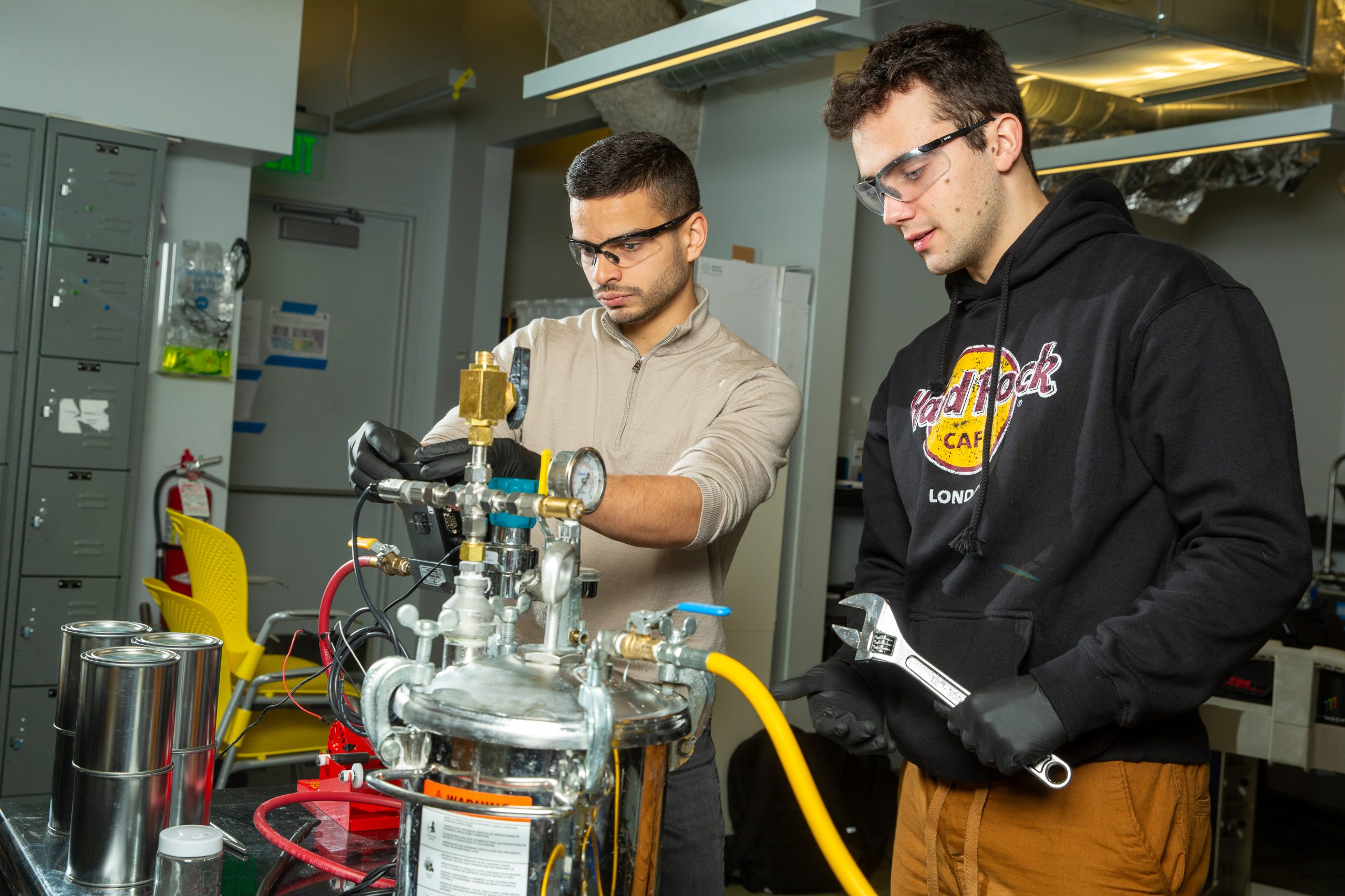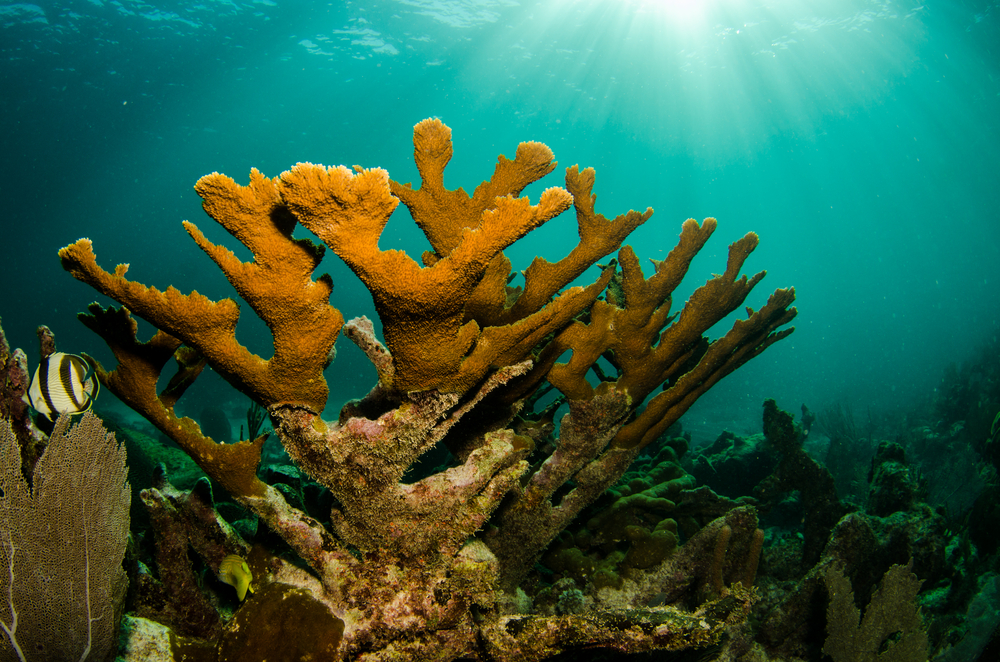Carmel Wroth | November 2009 issue
Back in 2006, when a friend was grieving the death of her son, filmmaker Jennifer Steinman wanted to help. She offered to take her friend on a trip to AIDS-stricken South Africa, thinking that volunteering to help others would help her friend heal. Five mothers who had also lost children joined, and Steinman made a documentary film of their journey, Motherland. The women’s encounter with the South Africans inspired all of them to move forward, and to keep growing, Steinman says. Serving children in poverty and grieving in community with each other was transformative. It gave them perspective, she says.
The inspiration for the trip to Africa came, Steinman says, while reading Stephen Lewis Race Against Time, in which he describes the AIDS epidemic and the constant presence of death and grief throughout Africa. I was struck by the image of a continent in mourning, says Steinman. In America, people tend to feel very isolated in their grief. When something really bad happens to us, we go into our big houses and close the door and cry all by ourselves. In Africa, in the townships, they grieve together.
Anne Magill, one of the mother’s on the trip, says this solidarity with Africans as well as the other mothers was powerful. When her 15-year-old daughter Grace committed suicide, Magill’s friends and the local community were supportive. But she still felt few could understand what she was going through. At the time of the trip, two years after her daughters death, Magill says people around her expected her to move on with her life. In our culture, people are so focused on getting over it, she says. They want you to get better. In Africa, everyone has lost somebody. While it’s still painful, it’s something they share.
Motherland has also inspired Project Grace, a grief therapy program named after Magil’s daughter. Launched by CorStone, a therapy center in California, Project Grace coordinates trips to needy communities in Mexico for grieving parents. For us, it felt really important to give these parents a chance to get out of their environment, says co-founder Catherine Stern. It’s also a chance to be in a community with other people in grief and share that experience, without having to pretend you’re ok.
The women who went to South Africa don’t claim the trip healed them. Several mothers, including Magill, say ‘getting over’ the death of a child is not really conceivable, or even desirable, because getting over it feels too much like forgetting. Still, the trip was a step forward into life. When you lose a child, it’s the most horrible thing, but it’s also a gift, Magill says. It’s a question of how you’re going to use it. Carmel Wroth
Lost and found.
More of Today's Solutions
Migration of 6 million antelope in South Sudan is the largest land mammal mov...
BY THE OPTIMIST DAILY EDITORIAL STAFF A thorough aerial study in South Sudan revealed a startling migration of six million antelope, establishing it as ...
Read MoreVolcanic ash may be a game changer in sustainable solar energy storage solutions
When calamity hits and volcanic ash blankets the land, it is commonly perceived negatively, for many obvious reasons. However, novel research from the University of ...
Read MoreWind and solar energy production in US surpasses coal for the first time in h...
BY THE OPTIMIST DAILY EDITORIAL TEAM According to the United States Energy Information Administration (EIA), wind and solar energy generated more electricity than coal ...
Read MoreThe Dominican Republic reforests a fifth of the country in just 10 years
In the heart of the Dominican Republic, the dramatic story of land reclamation unfolds. Carlos Rodríguez, a diligent farmer, thinks about the once barren ...
Read More










